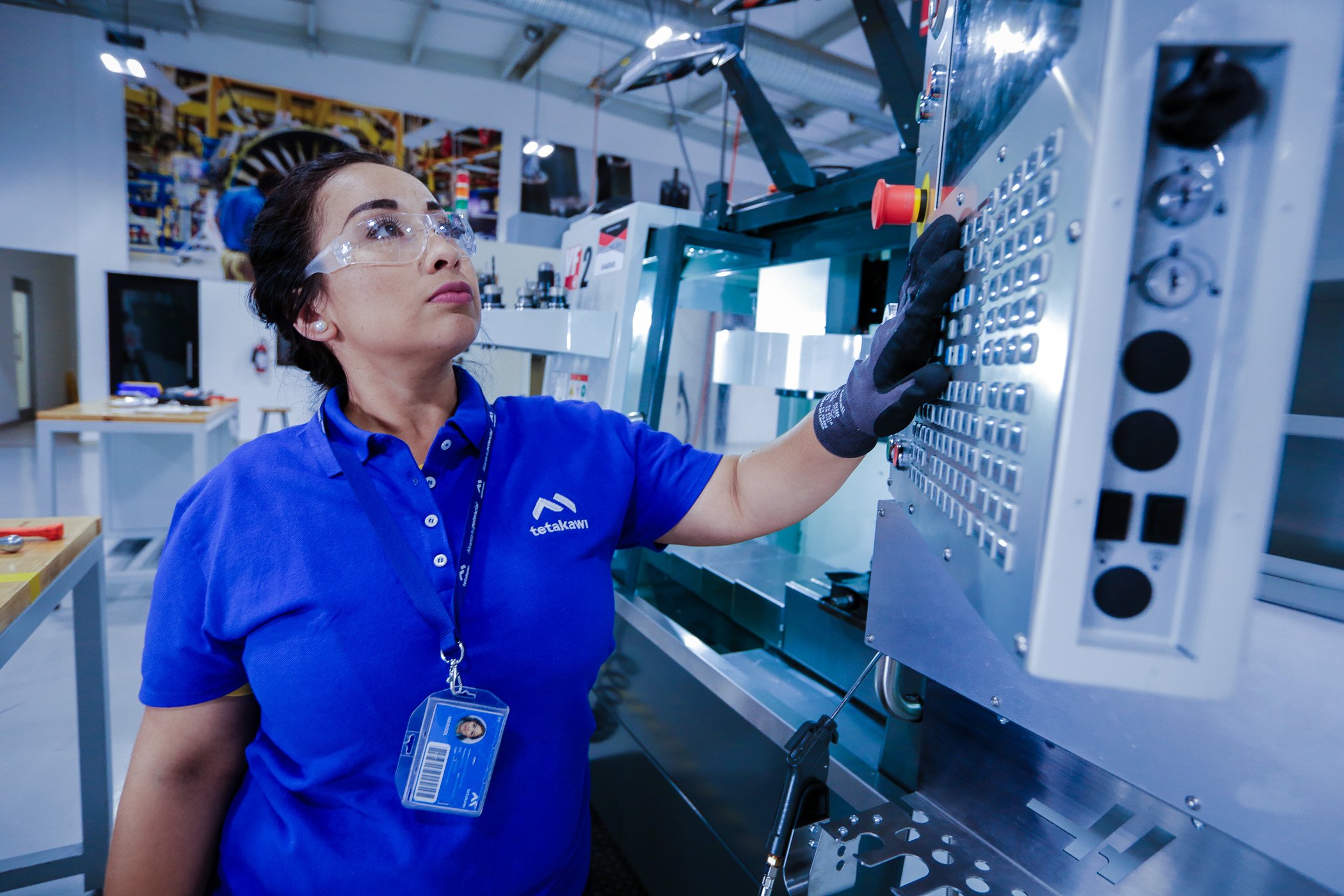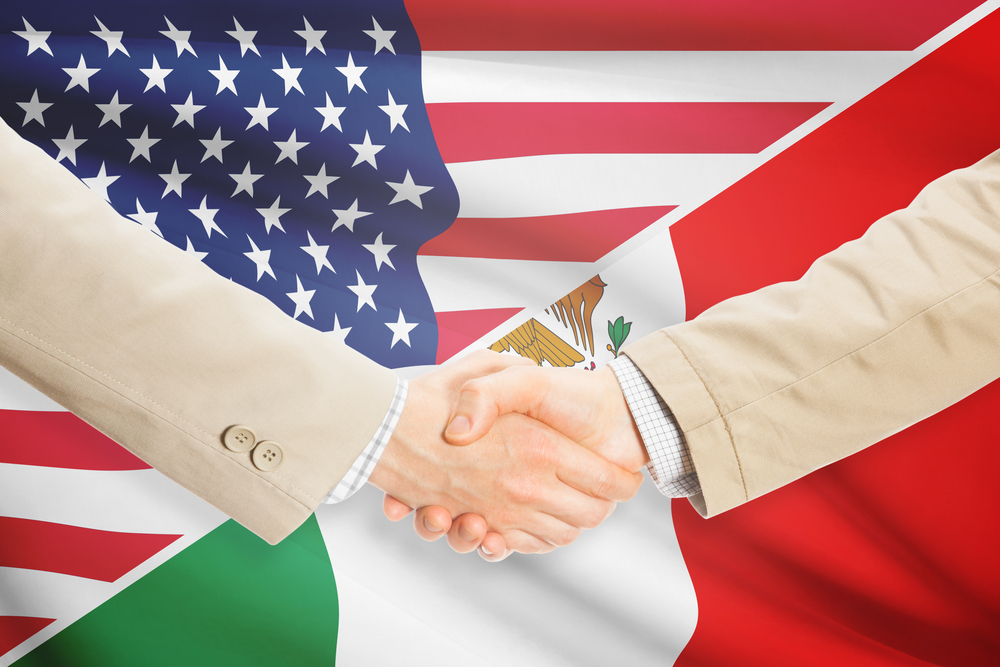Even though American businesses have offshored their manufacturing processes for decades, products produced outside the U.S. have long been subject to import regulations. According to an article by software company PTC in Forbes, U.S. federal agencies may allow American manufacturers to count their offshored goods as U.S. output instead of as imports from the country they were produced in. Goods created in Mexico may then be considered as part of the U.S. gross domestic product, creating another advantage for companies who choose to offshore to Mexico to reduce their manufacturing costs.
Counting offshored goods as American-made
Manufacturing News recently reported certain goods producers might be able to be counted as domestic manufacturing, a measure put forward by the U.S. Economic Classification Policy Committee (ECPC). The change will be finalized by the government and included in the 2017 North American Industry Classification System. According to PTC, this new classification might not only include outsourcing but offshoring as well. Since it's unclear what can be defined as "factoryless producers," certain companies might fit into the definition while others don't. For example, Forbes explained companies like Apple, which owns the design and sale of its goods but doesn't necessarily have full ownership of the materials, equipment or processes used to create products, might be included in the definition.
"The ECPC wants to paint a broad stroke, defining any company that offshores manufacturing while retaining economic ownership and intellectual property rights over the finished product as a factoryless producer," the PTC author wrote.
According to Manufacturing News, the reason for this change is the increasing globalization of American companies. The rule would help the U.S. government be aware of how many goods made by American manufacturers are being produced in other countries. The site reported as many as a dozen government statistical series may be effected by the change in classification, such as industrial production, national income product accounts and industrial productivity.
The idea behind the reclassification comes out of ownership of materials. If an American company owns a product, even if it isn't produced by American workers or in the U.S. itself, being able to count it as an American product might help to show the strength of U.S. manufacturing.
"For the purpose of balance of payments, goods that are manufactured overseas for U.S. companies are not going to be considered imports any more, they are going to be just U.S. production," said William Powers, an international economist at the U.S. International Trade Commission, according to Manufacturing News.
The Offshore Group: You Manufacture ... We Do The Rest
Subscribe
Sign up and stay informed with tips, updates, and best practices for manufacturing in Mexico.





